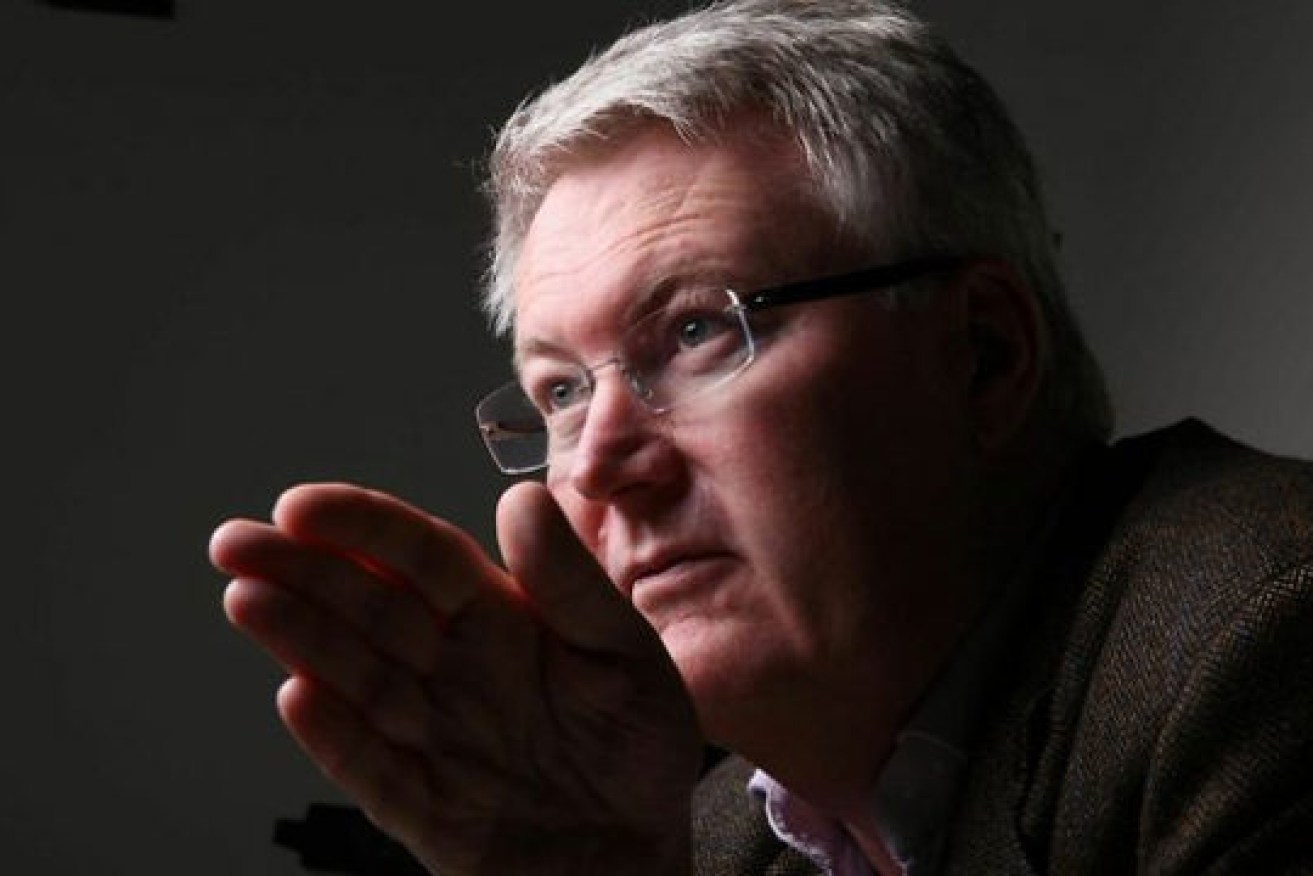Hero citizens: Good news from the coronavirus wreckage


Ethicist Simon Longstaff says the world needs new moral infrastructure to face its great challenges. Photo: Supplied
This week, The Covid Conversation podcast looks at the complicated business of teasing apart the right thing when faced with difficult questions.
This is the full-time job of Dr Simon Longstaff, for nearly 30 years the director of the St James Ethics Centre in Sydney. It’s a unique organisation that offers free telephone counselling for people wrestling with sometimes heart-breaking moral dilemmas.
In our conversation, Dr Longstaff talks about the need for a new moral infrastructure to deal with the great civilizational changes that were already on the boil before COVID-19 threw the world into turmoil.
Dr Longstaff had anticipated that such a monumental change might hit us in 10 years or so, giving us time to think about what kind of world we wanted to save. COVID-19, though, with so many far-reaching consequences that we’re yet to get our heads around, is already posing big questions, right here and now.
Is it better that we’ve been pushed into pain sooner than later? Has COVID-19 done us a favour?
“I would never want to say it’s done us a favour because of the terrible loss of life and amenity,” Dr Longstaff said.
“But if you take something from the wreckage that it’s caused, I think it has prompted us in a way that we could turn to good use: an ability to re-think how we’re going to arrange our affairs.”
The coronavirus crisis has brought “one particularly important lesson” to our attention, Dr Longstaff said.
“That is, for all the power of governments and the policy-making capacity and its economic might, ultimately the ability to defeat COVID-19 has lain in the hands of ordinary Australians consistently making decisions that they want to do the right thing,” he said.
“Not being compelled, but simply wanting to do so, partly for personal interest, but also I think for the public interest.
What it’s shown is that you can effect major change in the world by ordinary people making decisions which bring them to fall just on the right side of questions from time to time.”
The world has got “two (good) things coming from the wreckage” of COVID-19, Dr Longstaff explained.
The first is “an understanding that we can make a difference without having to adopt a heroic stance”.
And secondly, that “these things need to be talked about well in advance of when they come crashing upon us in their fully-formed state”.
Since the pandemic hit, people have calling the ethics centre website, many with questions about how to handle the day-to-day issues of coping, and notably, the hot-button issue of keeping children home from school.
Many people are considering whether “the most convenient thing to do would be to perhaps send the children back to school. That would allow better working from home,” Dr Longstaff said.
Should I be doing that when in fact it might be against the public interest?
“How do I balance these different tensions that might come from personal interest versus the public good. That’s the general form.”
But there are other, more heart-breaking life and death questions that the centre has been dealing with. And if you listen to this week’s podcast, you can learn how a terrible ethical choice forced upon Dr Longstaff’s mother many years ago has echoed throughout his life.








